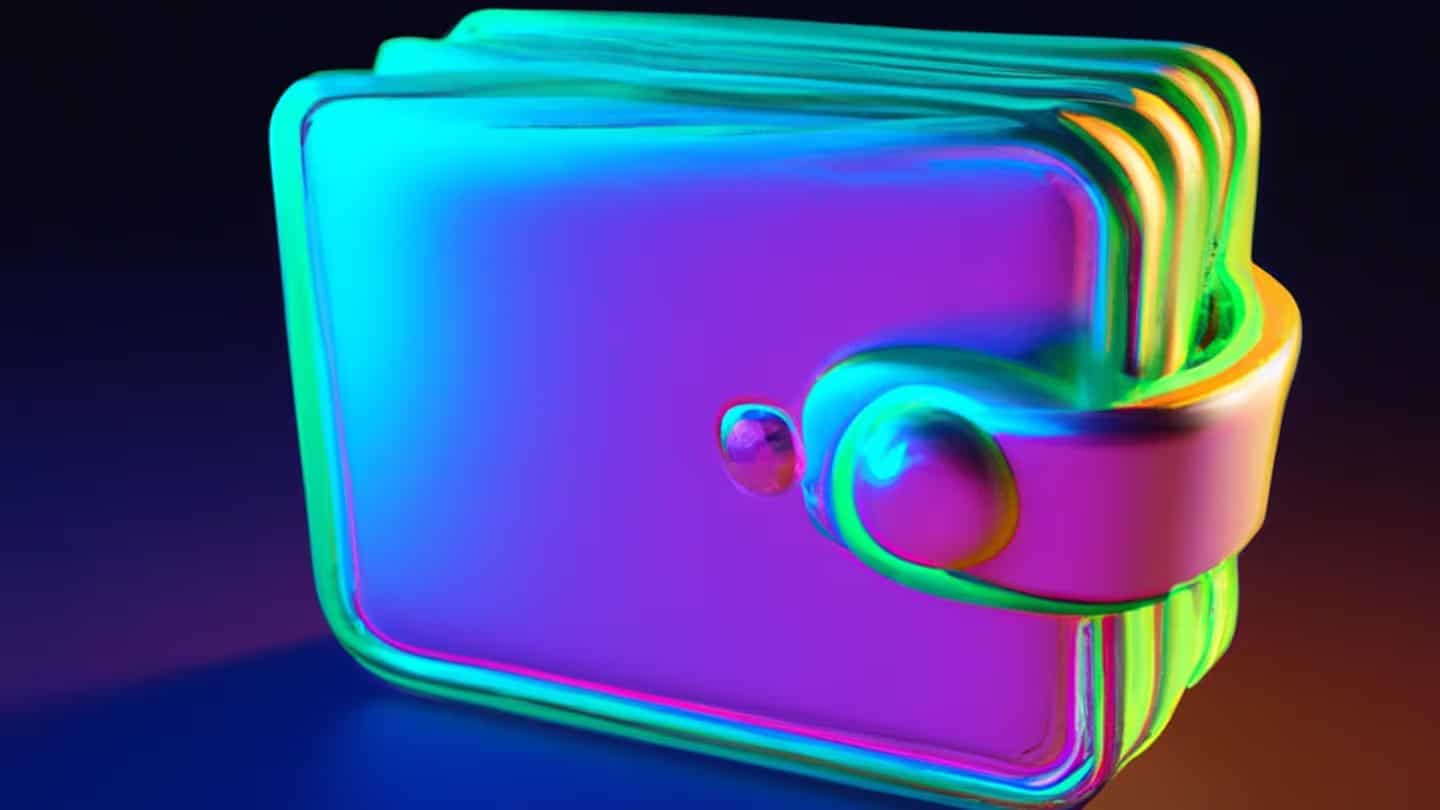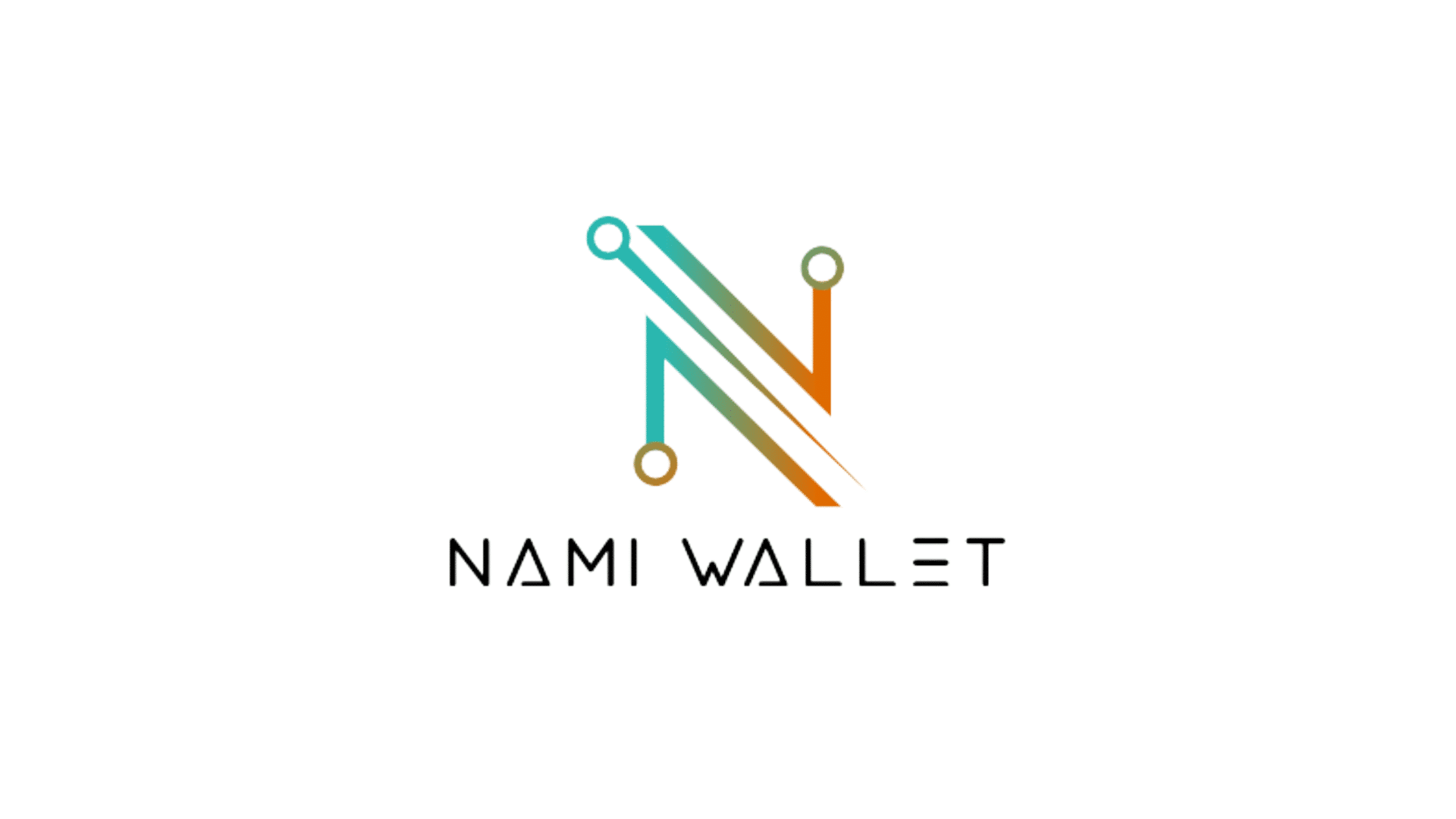Key Takeaways
- As decentralized finance (DeFi) continues to grow, choosing the right crypto wallet is crucial for securing and managing your assets effectively.
- DeFi’s evolution requires wallets to prioritize security, user control, and seamless integration with DeFi platforms.
- Staying ahead in DeFi means selecting a wallet that can adapt to new technologies and provide a smooth user experience in a rapidly evolving ecosystem.
Decentralized finance (DeFi) offers access to various financial services and products directly on the blockchain. To use these products, however, you will need a Web3 DeFi wallet. With so many wallets available for storing your cryptocurrency, you might be wondering which one is the best choice.
In this article, we have curated a list of the top DeFi wallets suitable for decentralized finance platforms.
Top Crypto Wallets For DeFi In 2025
MetaMask

MetaMask is one of the most popular DeFi wallets currently available. It is great for managing, sending, and receiving Ethereum (ERC20) and Binance Smart Chain (BEP20) tokens. Additionally, it supports Layer-2 solutions like Polygon.
What makes MetaMask stand out is its availability across multiple platforms. You can download it on your iOS or Android smartphone or tablet or use it as a browser extension on your laptop or desktop. It is compatible with popular browsers such as Brave, Chrome, and Firefox.
Also Read: How To Use MetaMask?
Trust Wallet

Trust Wallet supports over 4.5 million cryptocurrencies, allowing you to trade and store almost any crypto from any blockchain. Like MetaMask, it is designed with a simple, user-friendly interface. For newcomers, it also provides easy access to dApps, enabling you to explore and use various products and services.
In terms of security, Trust Wallet offers features that protect your data and information. It also allows for a quick and straightforward backup process, ensuring you won’t lose your cryptocurrency due to accidental errors. Trust Wallet is available on desktop, mobile, and web browsers like Chrome and Brave.
Also Read: How To Use Trust Wallet?
UXUY

UXUY is a non-custodial wallet and decentralized exchange (DEX) that allows users to store, exchange, and cross-chain cryptocurrencies.
Notably, the wallet utilizes a Multi-Party Computation (MPC), a cryptographic method used to perform computations among multiple participants while preserving data privacy. This technology is typically employed for secure data sharing and computation, where participants do not wish to share their raw data with others but still need to accomplish specific computational tasks collaboratively.
Moreover, UXUY has its Telegram bot, bringing 900 million users into the multi-chain crypto ecosystem. Users can now connect with any ecosystem without permission through UXUY Wallet.
Bitget Wallet

Bitget Wallet is another leading DeFi crypto wallet, supporting over 100 blockchain networks and 255,400 tokens. It offers secure asset management, multi-chain token swaps, NFT exploration, DeFi interactions, and much more. With advanced security features, Bitget Wallet is currently the largest decentralized wallet in Asia, boasting over 60 million users.
OKX Wallet

OKX Wallet, developed by the globally recognized OKX exchange, stands out as a premier non-custodial, multi-chain cryptocurrency wallet for decentralized finance (DeFi) enthusiasts. Supporting over 100 blockchains eliminates the need for multiple wallets, offering seamless access to a vast Web3 ecosystem. Its robust integration with decentralized exchanges (DEXs), boasting connections to over 400 DEXs and 20+ cross-chain bridges, ensures users can swap tokens efficiently with minimal slippage and optimized routing via its X Routing technology.
Beyond trading, OKX Wallet provides a dedicated DeFi hub that aggregates yield opportunities from top protocols like Aave, Lido, and Uniswap, allowing users to stake, lend, and farm yields directly within the app. With additional features like NFT management and a marketplace supporting digital collectibles across chains, it is a versatile tool for navigating DeFi’s complexities. It is available on mobile, desktop, and as a browser extension.
Binance Wallet

The Binance Wallet, officially known as the Binance Web3 Wallet, is a self-custodial cryptocurrency wallet integrated into the Binance app, designed to provide users with a secure and seamless way to manage digital assets and engage with decentralized finance (DeFi).
Launched as part of Binance’s ecosystem, it supports over 50 blockchains, including Ethereum, BNB Chain, Solana, and Bitcoin, allowing users to manage a wide range of tokens and interact with thousands of decentralized applications (DApps).
Unlike custodial wallets, Binance Wallet gives users full control over their private keys, secured through Multi-Party Computation (MPC) technology, which splits keys into three parts stored separately (on the user’s device, cloud, and Binance’s system) to enhance security without relying on a single seed phrase. It also offers features like token swaps via Binance Bridge, yield farming, staking, and a user-friendly interface, making it a versatile tool for DeFi enthusiasts.
Core Wallet

Core Wallet, developed by Ava Labs, is a non-custodial, multi-chain cryptocurrency wallet designed to serve as a comprehensive Web3 command center for users engaging with decentralized finance (DeFi), NFTs, gaming, and more. It supports major blockchains like Avalanche, Ethereum, and Bitcoin, allowing users to seamlessly manage assets such as BTC, ETH, and AVAX within a single interface.
As a browser extension and mobile app, Core Wallet offers features like a built-in bridge for cross-chain transactions, a DeFi staking tool for earning yields, and an NFT gallery, all wrapped in an intuitive design praised for its speed and usability. Its integration with the Avalanche ecosystem—optimized for low-cost, high-speed transactions—makes it particularly appealing for DeFi enthusiasts looking to explore protocols across multiple networks without juggling separate wallets.
Final Thoughts
DeFi wallets are an excellent way to transfer funds without needing a third party. Software wallets are encrypted and utilize advanced security protocols, making them safe to use, mainly if they are Web3-based. However, hardware wallets tend to outperform software wallets in terms of security. This is because they offer access to all DeFi apps while keeping your assets offline, making them less vulnerable to online threats.























